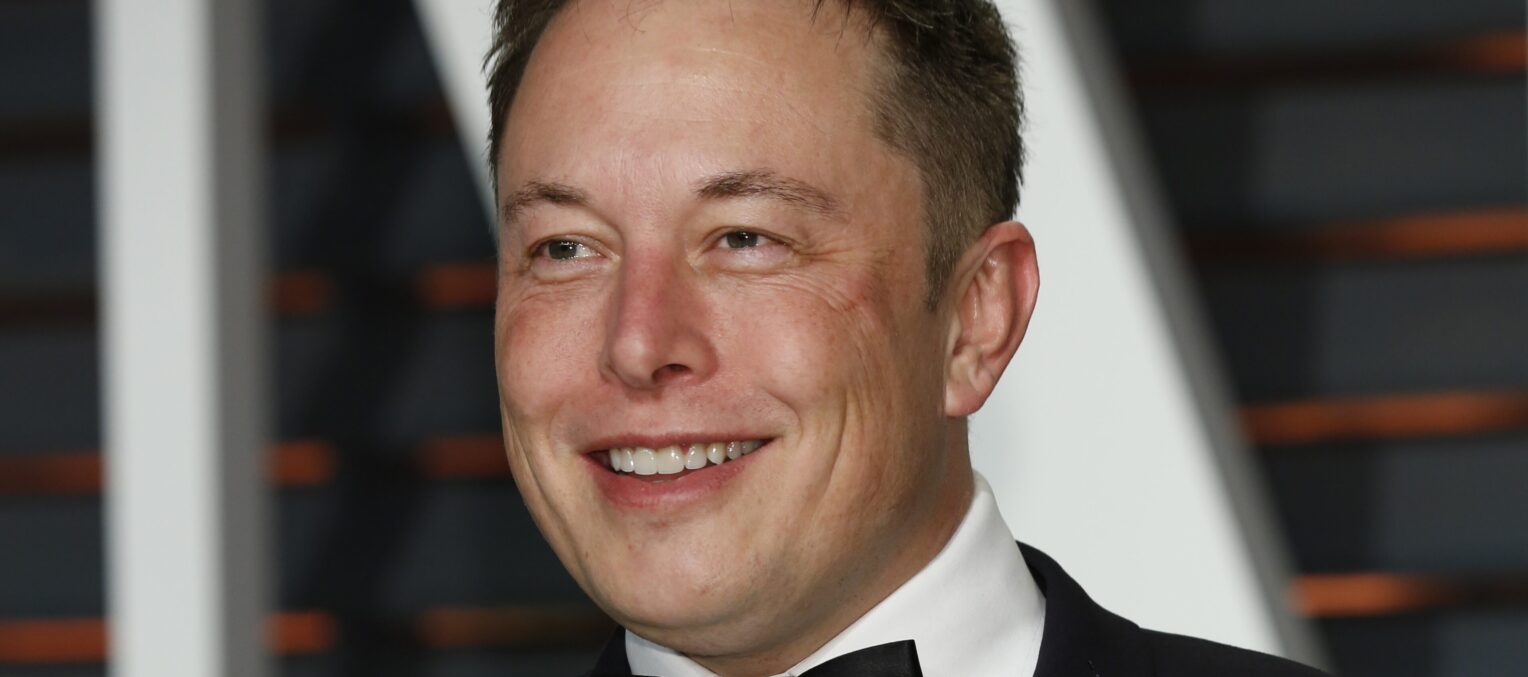
The tentatively pending sale of Twitter to Elon Musk has been greeted with celebration by many on the right, along with lamentation by some on the left, regarding what it portends for the platform’s moderation policies. Musk, for his part, has announced that he believes Twitter should be a free-speech haven and that it needs to dial back the (allegedly politically biased) moderation in which it has engaged.
The good news for everyone is that a differentiated product at Twitter could be exactly what the market – and the debate over Big Tech – needs.
The Market for Speech Governance
By “free speech”, I simply mean that which matches the law.
— Elon Musk (@elonmusk) April 26, 2022
I am against censorship that goes far beyond the law.
If people want less free speech, they will ask government to pass laws to that effect.
Therefore, going beyond the law is contrary to the will of the people.
As I’ve written previously, the First Amendment (bolstered by Section 230 of the Communications Decency Act) protects not only speech itself, but also the private ordering of speech. “Congress shall make no law… abridging the freedom of speech” means that state actors can’t infringe speech, but it also (in most cases) protects private actors’ ability to make such rules free from government regulation. As the Supreme Court has repeatedly held, private actors can make their own rules about speech on their own property.
As Justice Brett Kavanaugh put it on behalf of the Court in Manhattan Community Access Corp. v. Halleck:
[W]hen a private entity provides a forum for speech, the private entity is not ordinarily constrained by the First Amendment because the private entity is not a state actor. The private entity may thus exercise editorial discretion over the speech and speakers in the forum…
In short, merely hosting speech by others is not a traditional, exclusive public function and does not alone transform private entities into state actors subject to First Amendment constraints.
If the rule were otherwise, all private property owners and private lessees who open their property for speech would be subject to First Amendment constraints and would lose the ability to exercise what they deem to be appropriate editorial discretion within that open forum. Private property owners and private lessees would face the unappetizing choice of allowing all comers or closing the platform altogether.
In other words, as much as it protects “the marketplace of ideas,” the First Amendment also protects “the market for speech governance.” Musk’s idea that Twitter should be subject to the First Amendment is simply incoherent, but his vision for Twitter to have less politically biased content moderation could work.
Musk’s Plan for Twitter
There has been much commentary on what Musk intends to do, and whether it is a realistic way to maximize the platform’s value. As a multi-sided platform, Twitter’s revenue is driven by advertisers, who want to reach a mass audience. This means Twitter, much like other social-media platforms, must consider the costs and benefits of speech to its users, and strike a balance that maximizes the value of the platform. The history of social-media content moderation suggests that these platforms have found that rules against harassment, abuse, spam, bots, pornography, and certain hate speech and misinformation are necessary.
For rules pertaining to harassment and abuse, in particular, it is easy to understand how they are necessary to prevent losing users. There seems to be a wide societal consensus that such speech is intolerable. Similarly, spam, bots, and pornographic content, even if legal speech, are largely not what social media users want to see.
But for hate speech and misinformation, however much one agrees in the abstract about their undesirableness, there is significant debate on the margins about what is acceptable or unacceptable discourse, just as there is over what is true or false when it comes to touchpoint social and political issues. It is one thing to ban Nazis due to hate speech; it is arguably quite another to remove a prominent feminist author due to “misgendering” people. It is also one thing to say crazy conspiracy theories like QAnon should be moderated, but quite another to fact-check good-faith questioning of the efficacy of masks or vaccines. It is likely in these areas that Musk will offer an alternative to what is largely seen as biased content moderation from Big Tech companies.
Musk appears to be making a bet that the market for speech governance is currently not well-served by the major competitors in the social-media space. If Twitter could thread the needle by offering a more politically neutral moderation policy that still manages to keep off the site enough of the types of content that repel users, then it could conceivably succeed and even influence the moderation policies of other social-media companies.
Let the Market Decide
The crux of the issue is this: Conservatives who have backed antitrust and regulatory action against Big Tech because of political bias concerns should be willing to back off and allow the market to work. And liberals who have defended the right of private companies to make rules for their platforms should continue to defend that principle. Let the market decide.




